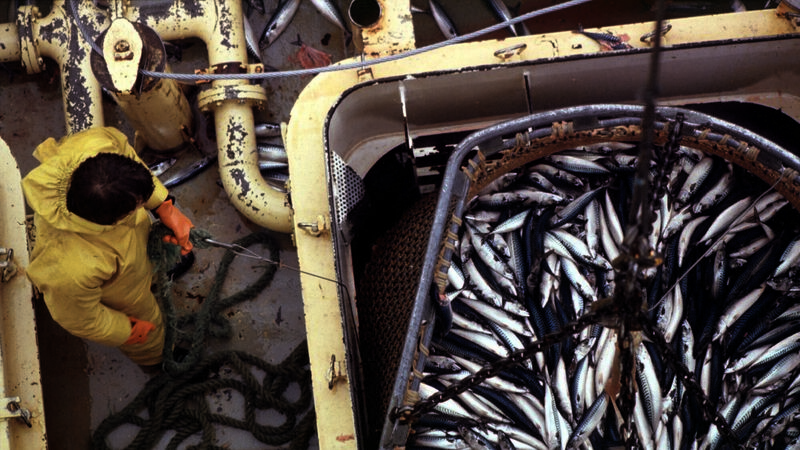Europe takes action against Ireland over dumping unwanted fish in the sea

Discarding describes catches of species which are not kept, but instead returned to the sea, which the EU has described as a "substantial waste of resources". File photo: RollingNews.ie
The European Commission has said it will take action against Ireland over the returning of unwanted fish catch back into the sea.
The EU's governing branch said it has decided to open infringement proceedings against Ireland, Belgium, and the Netherlands over non-compliance of enforcement of the so-called "landing obligation".










